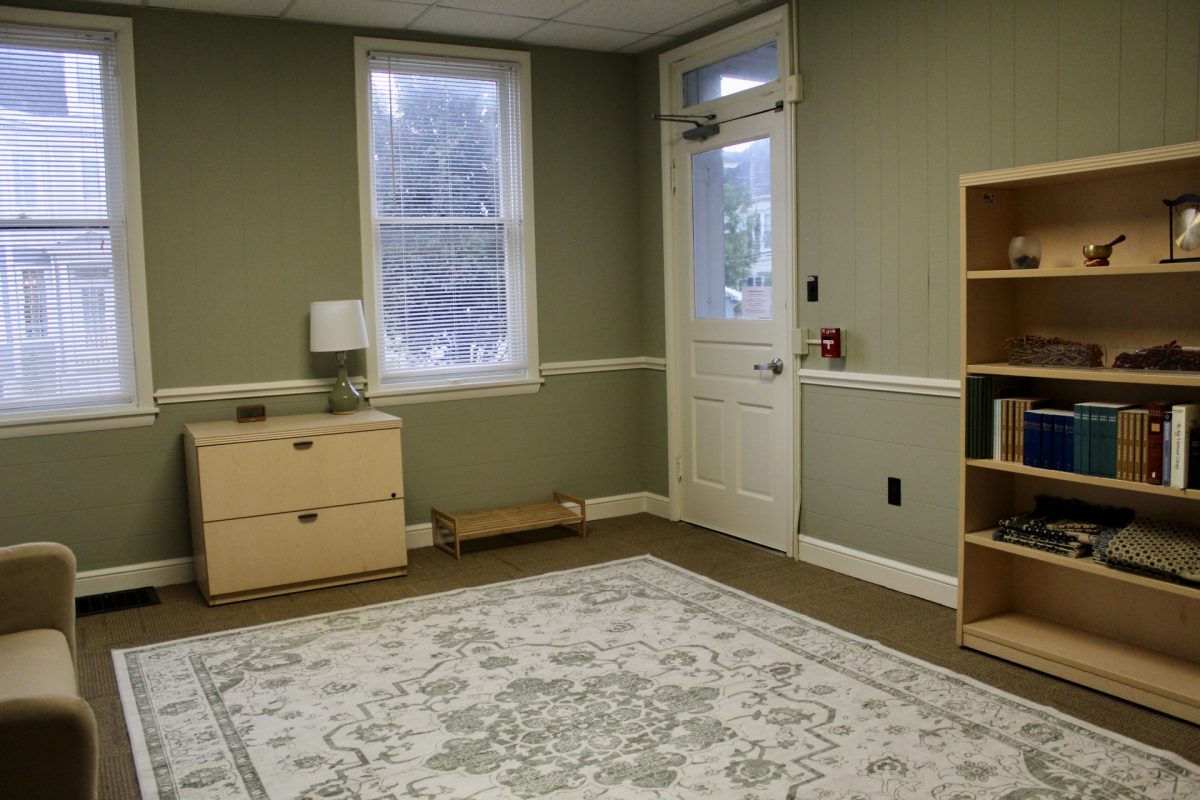It’s 2 a.m. and Kayla Reisman ’15 is still hard at work studying.
Reisman, with a Sociology and Judaic Studies Double Major, is just one of many students at Dickinson College who have opted to double their work load during their time on campus.
With a growing number of students under the assumption that employers are impressed by double majors, the number of those who want to couple their first major with either related or unrelated second major is on the rise, according to Jeff Selingo, editor at large of the Chronicle of Higher Education, in his recent piece “The Rise of the Double Major.” Dickinson students are not behind in this trend for the reasons other than a tough job market.
“Dickinson has always had at least a small group of students who had two or three majors,” says Shirley King, Dean of Academic Advising.
The data suggests that in recent years the increase has been happening at Dickinson College. However, it is not as substantial as at the most elite schools where supercharged students want to do it all and where the ranks of double majors have swelled to more than 30 to 40 percent of all graduates, as reported by the Chronicle of Higher Education.
Between 2010 and 2012, the number of Dickinson graduates with double majors increased by 20 percent, from 80 in 2010 to 101 in 2012, according to the graduating seniors reports provided by the Registrar’s Office. At the same time, the number of triple major graduates has increased from one in 2010 to four in 2012.
Alexandra Agiliga ’13, who is majoring in Africana Studies and Psychology, is among those who did not want to choose between two subjects of interest and decided to go with multiple majors.
Agiliga says her two majors possibly increased chances of finding a job, but it was not the main reason she chose to pursue two unrelated subject matters.
“I did not study the bulletin on Gateway just to see what I could double major in, it just happened,” she says.
She came to Dickinson knowing that she wanted to major in Psychology but during her first year realized that she was interested enough in Africana Studies to make it her second major.
Olivia Wilkins ’15 chose Chemistry and Mathematics as her double majors “just for fun.”
“They just go with my interests and I could not live without either,” she said.
Wilkins agrees that multiple majors require a lot more work, but her extra duties do not prevent her from an active social life and extracurricular activities. She works as a tutor in the Writing Center, web assistant for Academic Advising and Teaching Assistant for Chemistry.
King thinks that overlapping courses can help with planning multiple majors. Some of the classes for Wilkins’ majors overlap, but she does not see a problem with getting everything done after careful planning.
The situation becomes even more complicated with students who want to do a triple major. However, it is not something that is impossible to achieve, according to King, who says she does not encourage it, but if it is reasonably possible, she never stops students from pursuing their choice.
“[Triple major students] are usually super achievers, disciplined and focused,” she said.
Amanda Jo Wildey ’13, who has a triple major in Anthropology, Spanish and Latin American, Latino and Caribbean Studies, said she was originally a double major, but made a decision to add a third major after realizing she had to add only two more courses for Latin American, Latino and Caribbean Studies.
“I did not factor [the tough job market] in my decision process, but I am hoping I will come across as a candidate with a broad understanding, but at the same time with a very specified discipline,” she explained.
Assistant Professor of Political Science and International Studies Edward Webb, who has supervised students with double majors, said that a lot of them did well in both.
“But [it] is often the case that it is true because there is enough correspondence between the two and starting early enough to make it work,” he explained.
Webb is among those who think that academic advising should play a large role in making decision about multiple majors.
“I would hate to see people think that [multiple majors] have become a standard,” he said.



